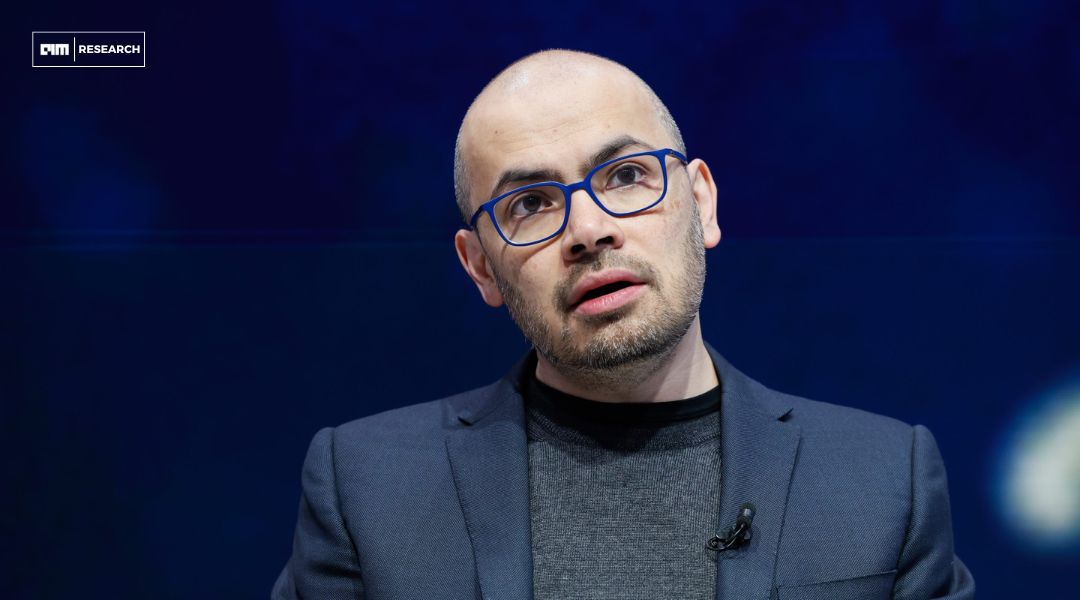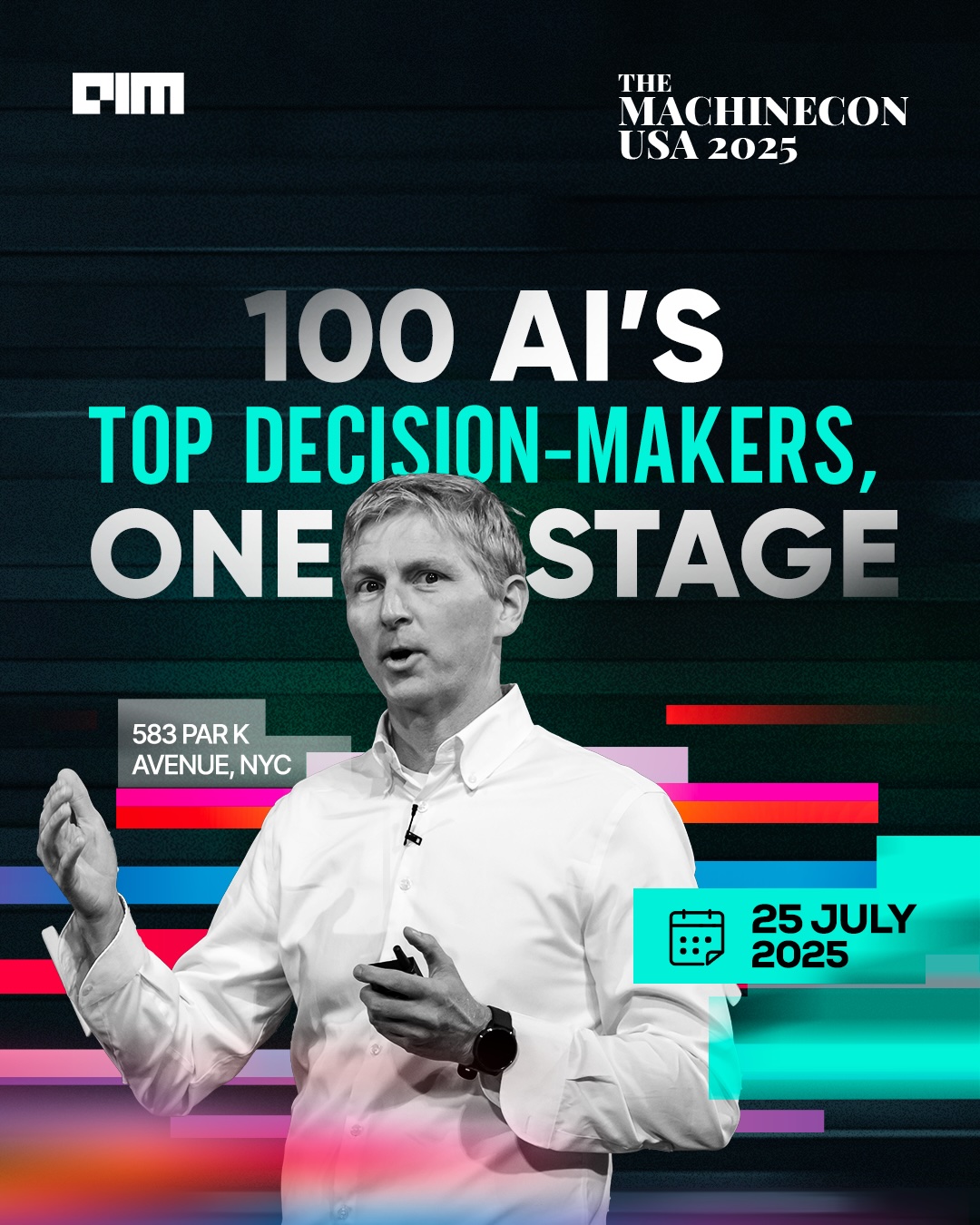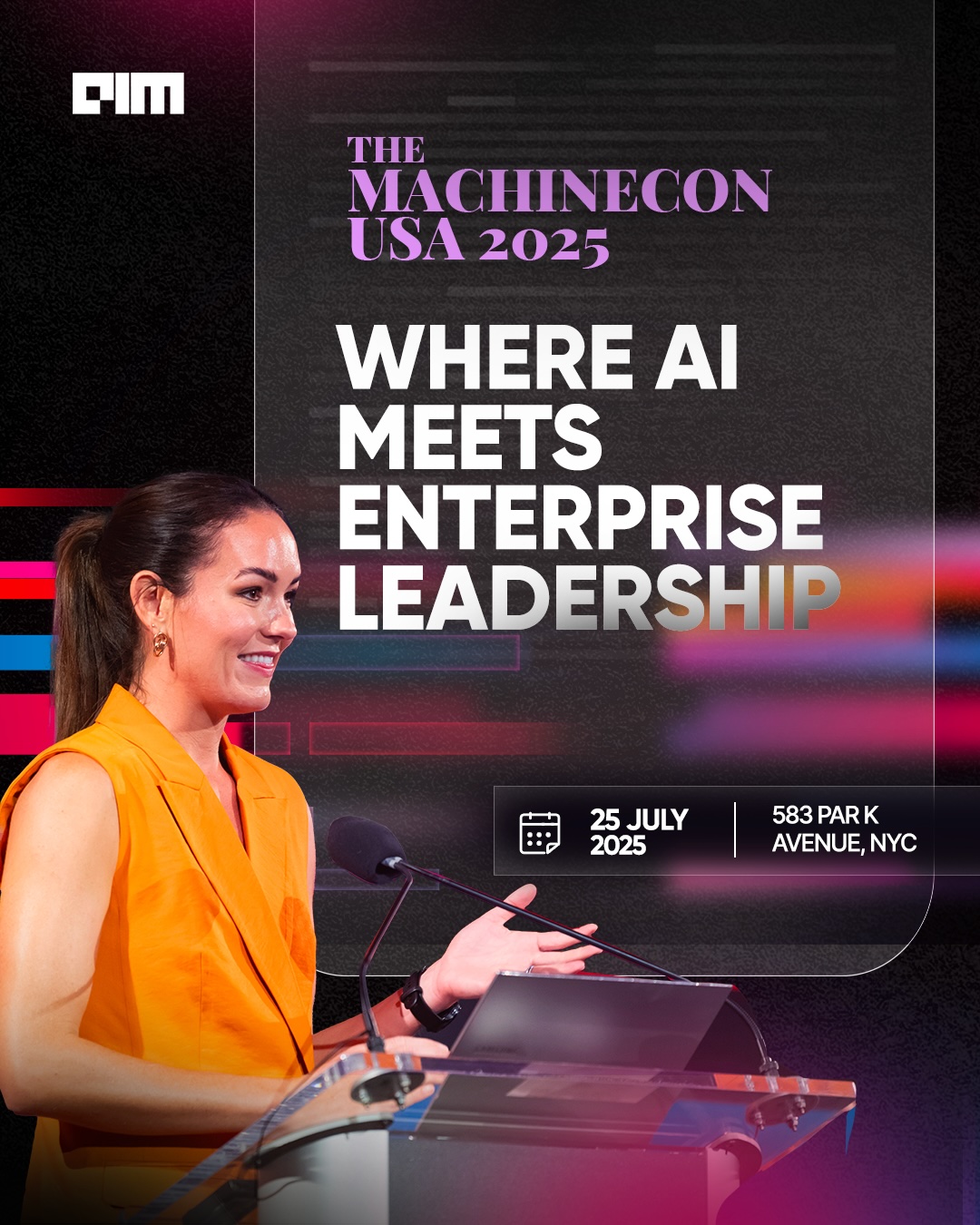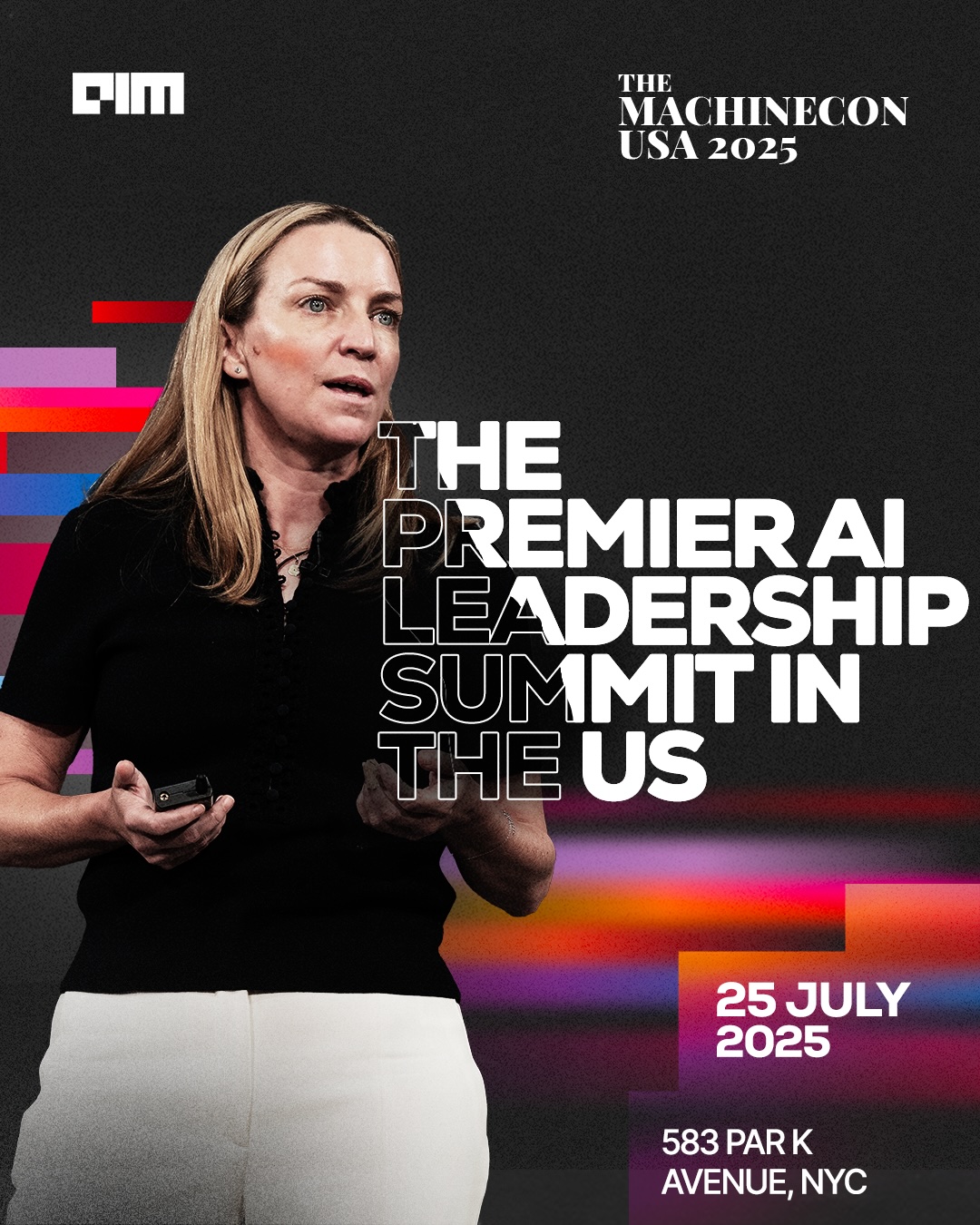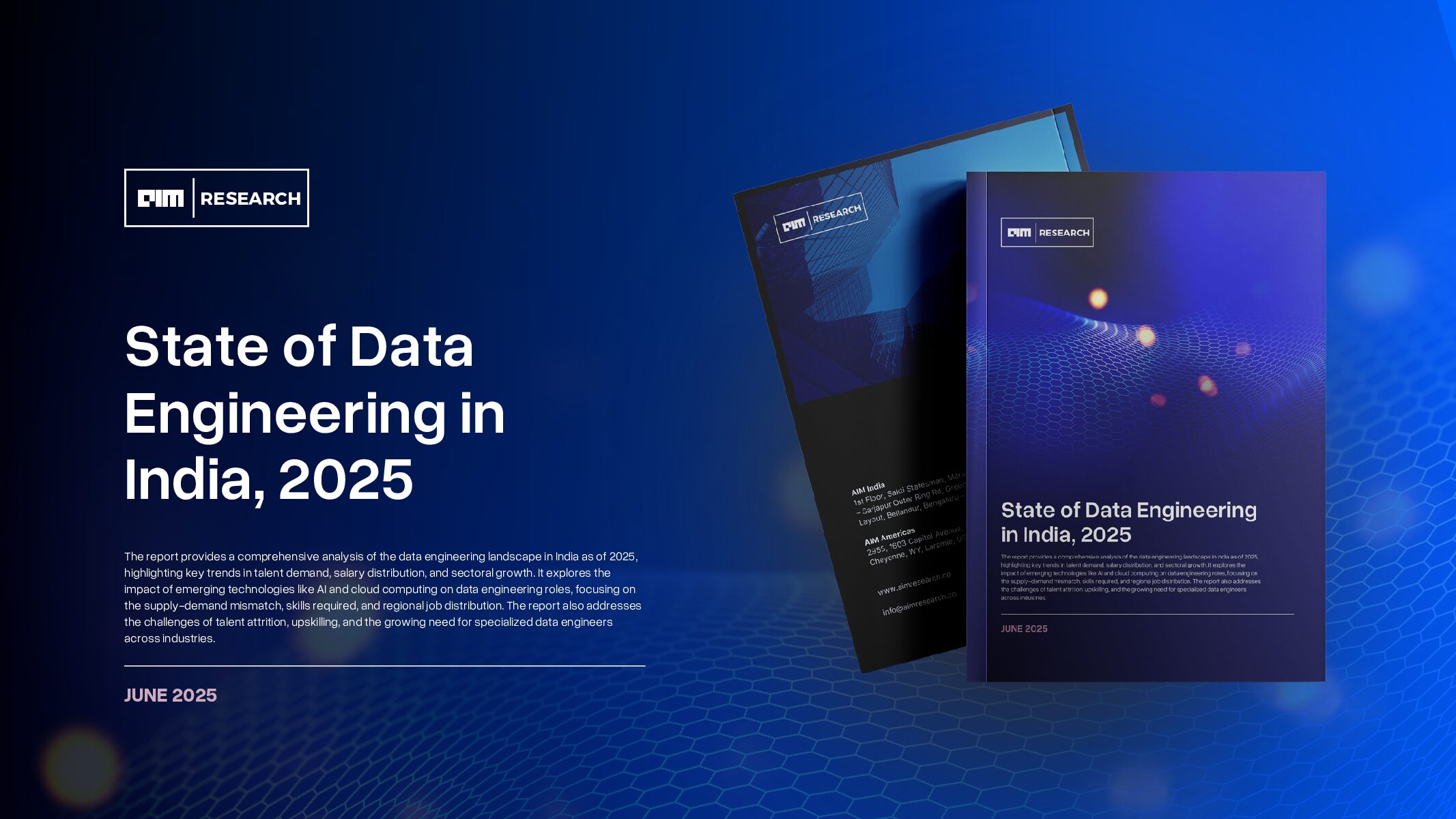Generative artificial intelligence (AI) has evolved as a disruptive technology, altering industries and opening up new areas of innovation. Businesses across the United States have rapidly recognised its potential, exploiting its skills to fuel revenue growth and achieve a competitive advantage. According to a McKinsey analysis, generative AI may boost the global economy by $2.6 trillion to $4.4 trillion per year, with huge implications for customer operations, marketing, sales, software engineering, and R&D. This tremendous economic potential has sparked a rush of interest and investment from businesses looking to capitalise on generative AI’s capabilities.
Since 2023, various non-AI organisations in the United States have incorporated this technology into their operations, researching novel use cases ranging from automating content production and improving customer experiences to optimising decision-making and expediting product development. Generative AI is proven to be a major changer in several sectors.
Wendy’s
Industry: Quick Service Restaurant
Use Case: Wendy’s® and Google Cloud have expanded their partnership to introduce Wendy’s FreshAI, an innovative AI solution aimed at enhancing the drive-thru ordering process. Google Cloud’s generative AI and large language models (LLMs) will now automate the ordering experience, improving accuracy and speed. This technology aims to meet the high expectations of customers, employees, and franchisees by streamlining the order process and reducing errors amidst the billions of possible menu combinations.
Revenue Impact: Increased customer satisfaction and throughput, leading to a 15% rise in drive-thru sales.
CarMax
Industry: Automotive Retail
Use Case: CarMax is boosting customer outreach and enhancing the buying experience by adopting Azure OpenAI and ChatGPT’s language models. The IT team has been leveraging GPT-3.x with Microsoft and OpenAI before ChatGPT became widely known. While specific uses of GPT-4, released in March 2023, weren’t disclosed, CarMax is focusing on streamlining content creation for car research pages and making the used car buying process “effortless.” Programmers are also working on new customer experience aspects and improving internal efficiencies with GPT.
Revenue Impact: CarMax’s Q4 2022 revenues rose by 48.8% to $7.7 billion compared to Q4 2021, with fiscal 2022 revenues increasing by 68.3% to $31.9 billion overall.
Six Flags
Industry: Amusement Parks
Use Case: Six Flags Entertainment Corporation (NYSE: SIX) has undergone a digital transformation to enhance every aspect of the guest experience. Utilizing AI, they’ve introduced innovative features such as personalized pre-visit planning, a new website with AI-driven personalization, and a forthcoming loyalty program. Missi Six, a digital concierge powered by Generative AI, enhances guest interactions, while the revamped mobile app offers interactive maps and mobile food ordering. Additionally, Six Flags ventures into e-gaming with a metaverse gaming platform, merging theme park thrills with online gaming.
Revenue Impact: Improved customer engagement and ticket sales, contributing to a 10% revenue growth.
GE Appliances
Industry: Home Appliances
Use Case: Generative AI is central to the new SmartHQ app, revolutionizing processes and experiences throughout the company. By harnessing advanced large language models in gen AI, we’re transforming long-standing manufacturing and industrial processes. Moreover, our appliances now offer AI-driven features, from built-in screens providing cooking and cleaning advice to enhancing customer service interactions.
Revenue Impact: GE appliances has already seen a 10x increase in productivity in code creation.
Amgen
Industry: Biotechnology
Use Case: Amgen embraced Microsoft Copilot, a generative AI productivity tool, early on. What began as a small group of employees experimenting with Copilot has expanded to include 20,000 employees with access. This initiative has empowered them to test and learn using tools that are poised to become commonplace.
Revenue Impact: Accelerated time-to-market for new drugs, resulting in a 7% revenue boost.
BuzzFeed
Industry: Digital Media
Use Case: Buzzfeed’s “pivot to AI” has been a big declaration about their commitment to AI. BuzzFeed is poised to integrate AI tools from OpenAI, with a focus on leveraging the API rather than ChatGPT. CEO Peretti envisions BuzzFeed’s future as a tech-driven media entity, emphasizing AI applications. This shift aims to enhance onsite engagement through personalized content formats, like chatbots.
Revenue Impact: Their initial experiment with AI-powered content modules on the app yielded a 24% increase in pageviews, underscoring the potential for growth through AI-driven strategies.
Chewy
Industry: Pet Supplies Retail
Use Case: Chewy’s applications and websites include an AI-powered chatbot that provides product information, order tracking, shop locations, and other convenience features. Virtual assistants efficiently handle typical customer support questions, decreasing the strain of human agents and resulting in cost savings and speedier replies.
Revenue Impact: Improved customer retention and sales, leading to a 10% increase in revenue.
Zillow
Industry: Real Estate
Use Case: Zillow announced the launch of the Zillow ChatGPT plugin, allowing users to discover real estate listings through conversational language. Users could inquire about specific properties or specify preferences like location and price range. Initially accessible to a select group of ChatGPT users, broader access was planned. This plugin aligned with Zillow’s goal of creating a comprehensive housing super app, streamlining the home-finding process with technology.
Revenue Impact: Enhanced user experience and increased property listings, contributing to a 7% revenue growth.





